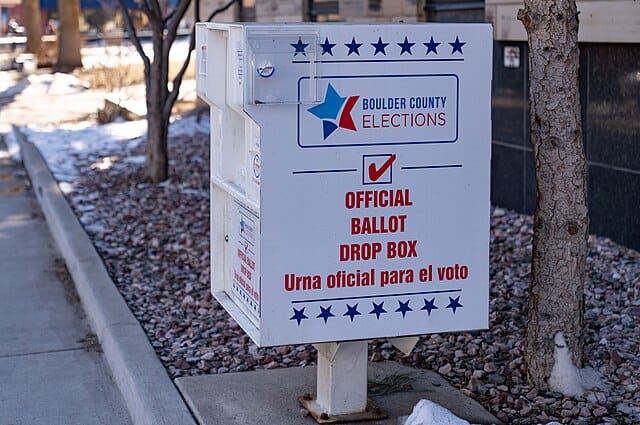SCOTUS Ruling Lets Agents Target Brown Skin and Spanish Speakers
The Supreme Court delivered a controversial victory to President Donald Trump on Monday, lifting restrictions that had blocked federal agents from making immigration stops in Los Angeles based on race, language, or type of work.

The Supreme Court handed President Donald Trump another win on Monday, allowing federal agents in Los Angeles to resume what civil rights groups call “roving patrols” that amount to racial profiling. The Court’s conservative majority lifted a lower-court order that had blocked agents from stopping people solely for “looking Latino,” speaking Spanish, or working certain jobs (AP; New York Times).
Justice Brett Kavanaugh, concurring with the unsigned 6–3 decision, wrote that while ethnicity alone cannot justify suspicion, it can still be “a relevant factor.” In dissent, Justice Sonia Sotomayor blasted the ruling as a “grave misuse” of the Court’s power, warning: “We should not have to live in a country where the Government can seize anyone who looks Latino, speaks Spanish, and appears to work a low-wage job.” (ABC News).
A green light for “masked patrols”
The ruling clears the way for Trump’s immigration crackdown in California, where agents have already staged aggressive raids. One high-profile incident captured on video showed federal officers seizing a U.S. citizen, Jason Brian Gavidia, as he worked on his car in East LA. Despite yelling “I was born here in the States!” Gavidia was slammed against a gate, his phone seized, and his ID never returned. He was released after 20 minutes (AP).
The plaintiffs in the case argued that these stops routinely ensnare citizens and legal residents in violation of the Fourth Amendment. Judge Maame E. Frimpong had agreed, citing a “mountain of evidence” of constitutional violations before her ruling was overturned.
Why it matters
For Trump, the ruling represents judicial backing for his promise of mass deportations. For millions of Californians — nearly half of whom identify as Hispanic or Latino — it cements the reality that skin color, language, and work are now legally recognized triggers for federal suspicion.
The Court’s decision does not end the case, which continues in lower courts. But for now, it gives federal agents broad discretion to decide who “looks” deportable.
Sources
Author
Morgan Kessler is a pseudonym, used to protect against the rising risk of online harassment and doxxing. Sources are found at the bottom of each article written by this author.
Sign up for NEMESIS newsletters.
Stay up to date with curated collection of our top stories.


